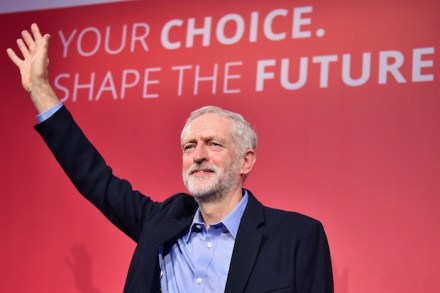Why is the government taking the NUS’s ‘lad culture’ survey seriously?
You thought starting university was meant to be fun? Think again. A new league table, published in time for freshers’ week 2016, ranks universities on the basis of their local crime rate. The Complete University Guide has published the results, alongside a guide to ‘sexism on campus’, which gives students tips on how to scope out their university’s attitude to sexism and sexual harassment. But as the survey points out, official data for crime specifically against students is not available, so these figures are chosen because they relate to crimes ‘most likely to affect students’. The growing panic about sexual violence on campus is based on various reports published by the National Union


















